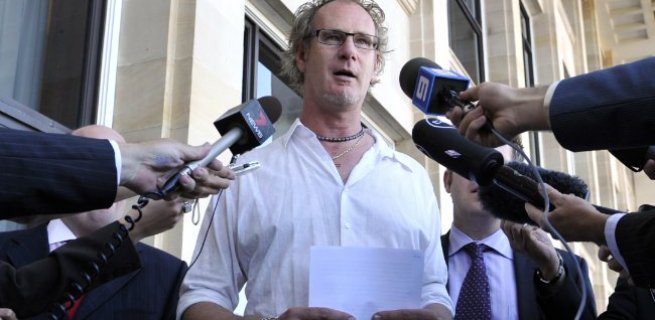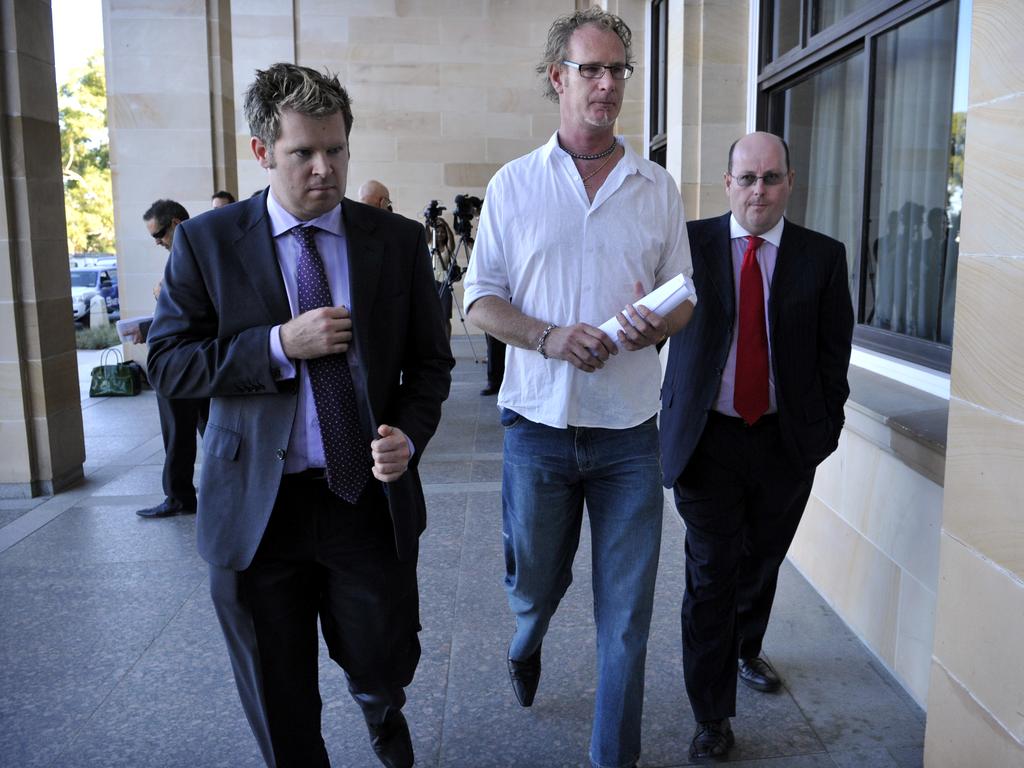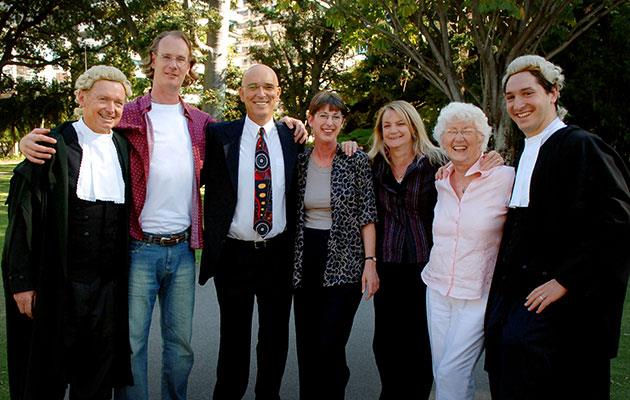
Principles of justice are simply put, rules of the legal system, made to uphold fairness and equality for everyone involved and to eliminate the chance of bias. Although, there are a few instances where principles are not followed, resulting in trials and treatments being unfair and biased. The case of Andrew Mallard is one of these times, and many principles were not followed, and his case quickly became an unfair one. These principles that weren’t upheld include; equality before the law, the right to an independent and unbiased judiciary, and finally the burden of proof. The compromised principles of this case will be explored in this essay, how they affected the case, and what exactly compromised the principle.
Equality before the law is a key principle in Australia’s legal system that ensures everyone is seen and treated equally in the eyes of the law, including judges, court staff and police officers as an example. No matter the person, their gender, race, mental state, financial situation etc, everyone is treated and seen the same in the court of law. This is important as it ensures that no one is discriminated against and given a much harsher sentence than another person would receive for the same crime. The principle was heavily compromised in the case, especially when police were questioning Andrew. Because of Andrew’s mental state, he often experienced delusions and was experiencing one during police questioning. Mallard genuinely thought that the police wanted his help, ideas and theories on the case, not realising he was being investigated to see if he committed the murder. However, the police took advantage of that and played into his delusion, and ended up using his theory as a confession. Another example of this principle being compromised is when during his trial, Andrew’s lawyer tried to ask the judge to get counselling for Andrew and his mental health, which with, the trial would have been made fairer, however, the judge refused the lawyers request, keeping Andrew in the delusion. This inequality that Andrew experienced through his time in the legal system compromised the key principle of equality before the law, further contributing to the bias experienced in the case.

An independent and unbiased judiciary is a crucial principle of the justice system, meaning that every case is held with an unbiased/impartial jury and/or judge. This ensures that courts stay separate from other governmental groups such as parliaments, to keep them independent and uninfluenced which makes sure that nobody is above the law. In this case, the principle was both upheld and compromised, though, compromised more. To start, an example of when the principle was upheld for the case, was during his trial which contained a jury, of which the members were all completely unbiased and impartial, giving their verdict of guilty as a result of genuinely believing the police and their evidence, without thinking either side’s evidence and arguments were fabricated. During the trial, the judge was also mostly unbiased, also believing the police and their evidence and arguments. On the contrary, there were many more times were Mallard’s case experienced bias in the courts. Most of those times were during the appeal, where the judge of that trial refused to believe what the Mallard family appeal lawyer was arguing, even though he had evidence to back up his claims. The judge just couldn’t accept the fact that such a high amount of police corruption took place, so consequentially, dismissed the appeal. Another example of the bias of the appeal judge was how they reacted to the arguments that the Mallard family’s lawyer presented. When presented with a very strong argument that had a large amount of high-quality evidence to back it up, the judge deemed it a ‘weak argument’, however, when presented with actually weak arguments, the judge saw it as the defendant’s strongest arguments. Those actions of the judge didn’t uphold the key principle as they were very biased towards the state, and the judge denied most of their arguments, not hearing them out fairly.

The burden of proof is a principle that is highly important to the legal system, and one that allows it to run. It’s defined as the burden that the prosecution carries meaning that they must supply a sufficient amount of evidence to prove their point and that the accused is guilty. The standard that the burden is held to is as much as it takes to say that the accused is guilty “beyond reasonable doubt”. During the trial, this principle was severely compromised, and in no way upheld. For instance, most of the prosecution’s arguments weren’t backed up by evidence, even though there were investigations into the claims, the police just never mentioned that they happened. One of those claims was that Andrew used a wrench to kill Pamela, however, there was no record of Pamela’s shed ever containing a wrench, and after an investigation of wrench wounds on a pig, the murder wounds didn’t match. However, the police purposely left that information out. Another false claim made by the prosecution is when they used when Andrew said what Pamela was wearing, which he said would be a skirt, during the time of the murder. However, Andrew was only saying this as an assumption, as he said she was a distinguished woman, not because he knew. At the time of her murder, she was found wearing slacks and a blouse, nothing close to Andrew’s presumption. Yet, the police used Andrew’s guess as evidence of things that only the killer would know, even though it was proven incorrect. The fact of what she was wearing at the time of her murder was never brought up to the court, instead staying hidden as it didn’t match the police’s story. This pattern of withholding evidence even went so far as to not mention a forensic examination into a drop of blood found on Andrew’s shoes. The blood was the same type as Pamela’s, a rare type, however, the blood turned out to be Andrew’s. Although it was Andrew’s, all the police focused on, was that it was the same type as Pamela’s, failing to mention that it was proven Andrew’s. The continuous failure to provide evidence and use correct facts by the prosecution of police made the upholding of the principle of the burden of proof unsuccessful.

Many principles of justice were compromised in the case of Andrew Mallard, with those including equality before the law, the right to an independent and unbiased jury, and the burden of proof. The police were unfair towards Andrew, the judge of the appeal refused to believe the evidence, and the prosecution withheld vital evidence and proof. These compromisations of the principles of justice led Andrew’s case to be highly unfair towards him, and biased towards the state, leading to an unequal conclusion.